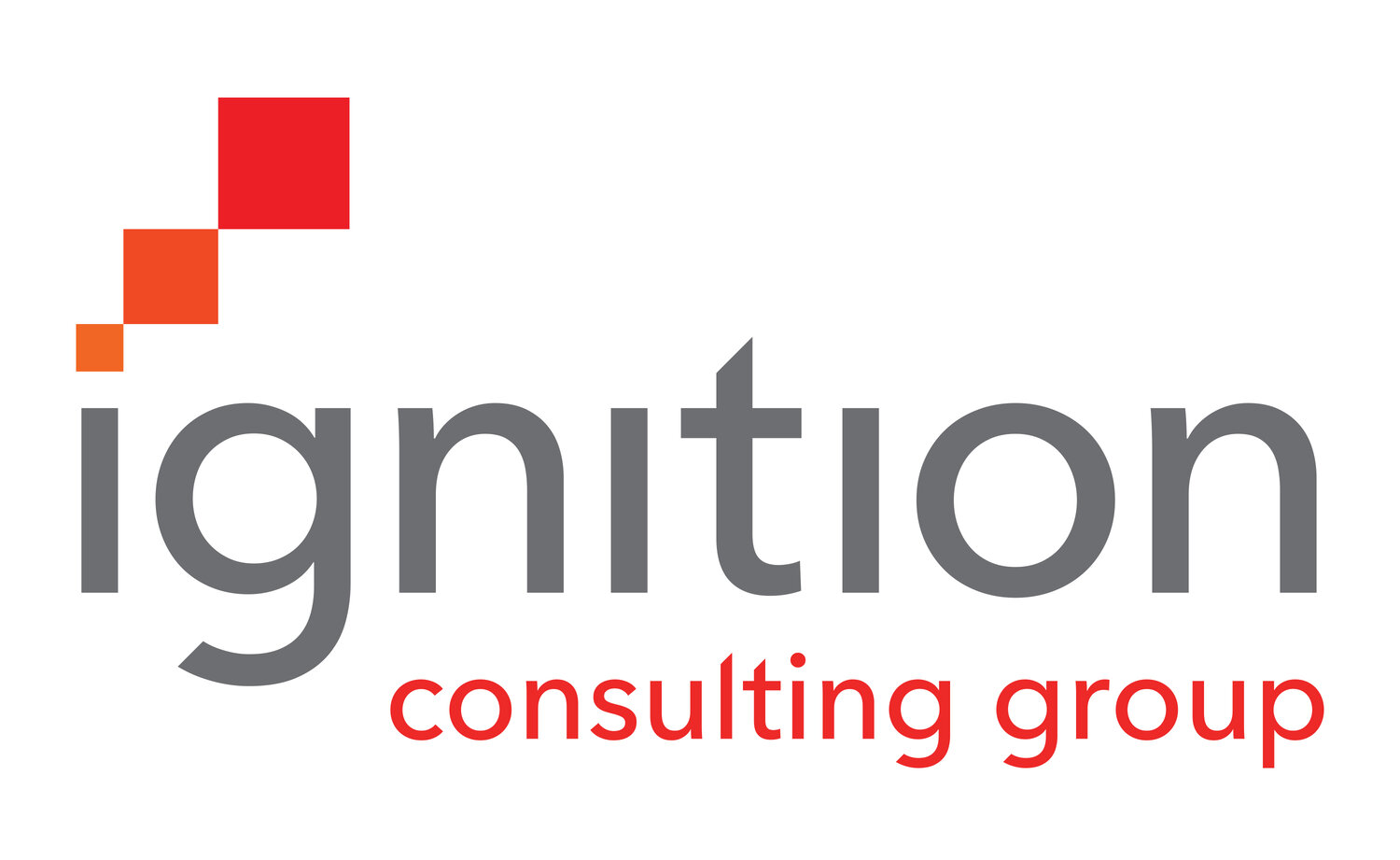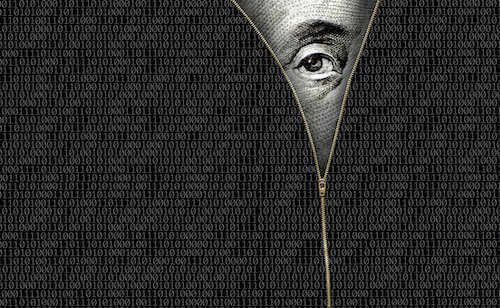The Art of Packaging Value
By Tim Williams
In clinical trials of new drugs, pharmaceutical companies have learned some fascinating lessons in behavioral science. Not only is the placebo (essentially a sugar pill) perceived as effective by a surprisingly large percentage of patients, but the power of suggestion produces other intriguing effects.
These drug trials have shown that expensive drugs are perceived to “work better” than cheap ones. The name of the drug can have a significant impact on perceived efficacy. And even the shape and color of the pill can influence test results.
It should therefore come as no surprise that the way professional services firms describe and package what they do has a substantial impact on their ability to capture the value they create for their clients. We can’t expect to earn above-average compensation for what might be perceived as average offerings.
“We sell hope”
Why are cosmetics so expensive? It’s not that the ingredients are pricey; their actual cost is often minimal. Cosmetics buyers aren’t purchasing the chemical compounds that comprise a powder, rouge or lipstick. They’re buying the promise of looking young and beautiful. As Revlon founder Charles Revson once observed, “In the factories, we make cosmetics. In the stores, we sell hope.”
For many years, Bausch and Lomb defined its product line as “optics” and as such developed a reputation as a world-class maker of lenses. But a few years ago the management team redefined their product line not as “optics” (a product) but “sight” (an outcome). Because B&L sees itself in the sight business, it develops and markets not just eyeglass and contact lenses, but other products that support this mission-critical outcome, such as a highly successful line of vitamins that help improve eyesight.
Economists dating back to Adam Smith have taught that people don’t buy products or services, they buy the “utility” the product or service creates in their lives. It’s both ironic and unfortunate that agencies have fallen into the bad habit of selling the means to the end (hours and activities) rather than the end itself.
For professional service firms, what’s needed is to go beyond the obvious and reframe your core competencies as benefits instead of features, it not only helps your firm capture more value, it also helps focus your business strategy in new and unexpected ways.
Limited supply
There is no more basic tenet of economics than the concept that products and services that are widely available, offered by a large number of providers, based upon a set of repeatable industry standards, carry a low price. Only that which is difficult to find, in limited supply, and available from only a few providers is able to command a premium price. What’s scarce is valuable.
For professional services firms, there's a valuable lesson in the law of supply and demand. Advertising agencies in particular are under assault from procurement departments who seek to marginalize and commoditize agencies by demanding to be able to compare apples-to-apples services. These professional buyers want to benchmark firms against "industry standard" costs, rates, and service lines.
That there should be an industry standard for businesses that sell intellectual capital is a nonsensical notion in the first place. Back in 1937, the author of the celebrated "Think and Grow Rich" remarked "There is no standard price on ideas." Napoleon Hill's deep belief was that the creators of ideas can set their own price. Value is always subjective, variable, and contextual.
Uncommon offerings mean uncommon prices
Scarce products and services have pricing power because it's difficult to compare them to anything else, and prospective buyers have little or no prior experience buying similar things. You likely know what a "fair price" is for a gallon of gasoline, but would have a lot more difficulty judging the price of an ounce of caviar.
In other words, there is margin in mystery. This memorable phrase was coined back in the 1980s by angel investor Dave Berkus when counseling computer hardware makers on how to earn more profit out of a rapidly-evolving industry. If it’s possible to extract above average margins on metal, plastic, and circuit boards, surely the potential is exponentially higher when what you sell is game-changing solutions to business problems. No sector is better positioned to inject mystery into their offerings than professional services.
In price negotiations, some prospective clients will push back against "black box" solutions because they want to simplify their buying decision by “leveling the playing field.” They say they want to be able to directly compare you with other firms. That's their job -- that's what buyers do.
And you, the seller, what's your job? To unlevel the playing field. Only uncommon services fetch uncommon prices.



